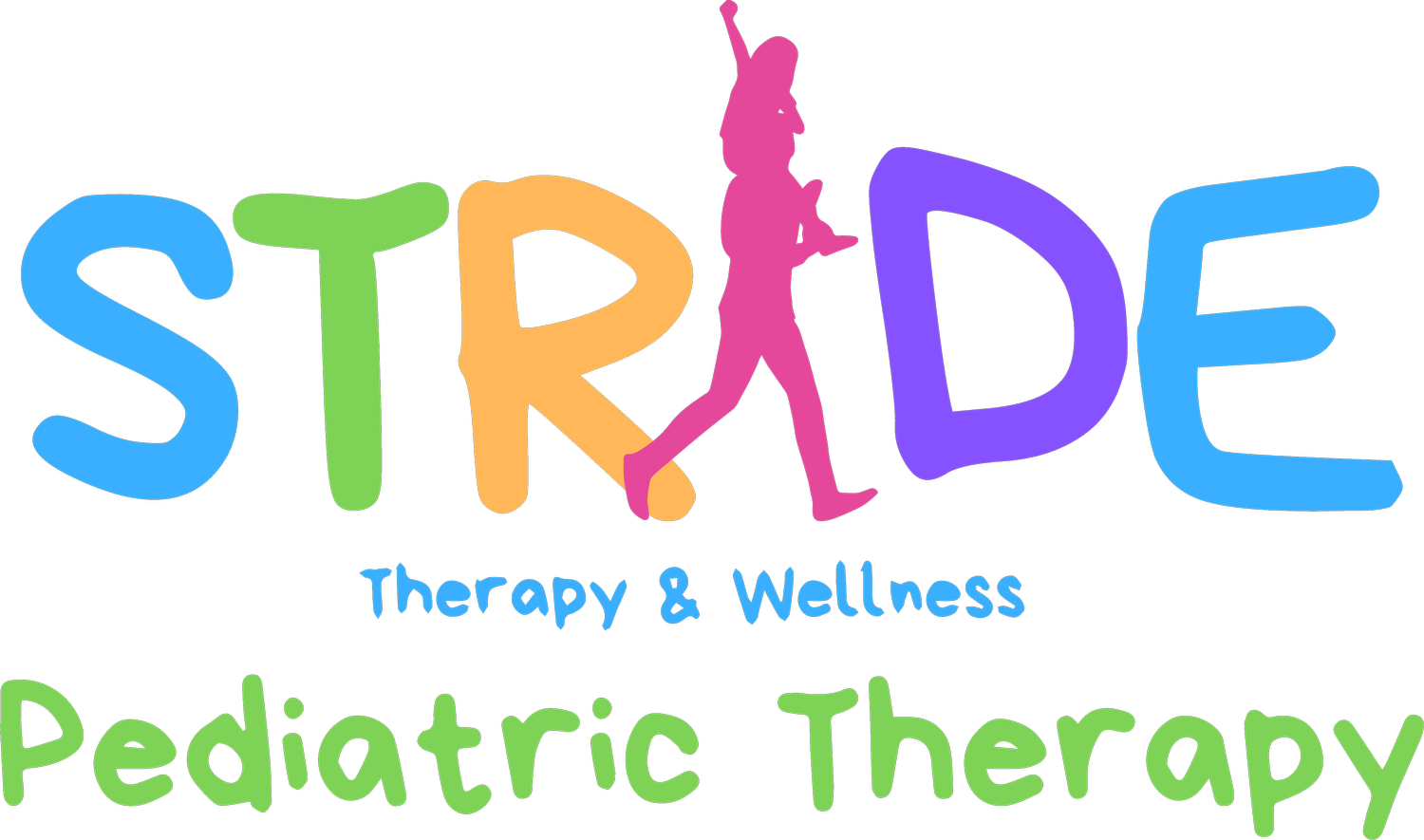What is Auditory Processing?
Auditory sensory processing is the way in which the brain interprets and makes sense of sounds and auditory information. It is an important aspect of how we perceive and interact with the world around us, and it plays a key role in language development, communication, and learning.
However, for some children, auditory sensory processing can be a challenge. This may be due to differences in the way the brain processes auditory information, or it may be due to other underlying conditions such as sensory processing disorder.
Children with auditory processing difficulties may have trouble paying attention to or understanding speech, especially in noisy environments or when multiple people are speaking at the same time. They may also have difficulty following instructions or remembering information that is presented orally.
If you suspect that your child may be experiencing auditory processing difficulties, it is important to speak with a qualified healthcare professional such as a pediatrician or a speech-language pathologist. They can help to determine the cause of the difficulties and recommend appropriate treatment and support.
Here are some common signs that a child may be experiencing difficulties with auditory processing:
Difficulty following verbal instructions or conversations, especially in noisy environments
Struggles with reading comprehension or word decoding
Easily distracted by background noises or multiple sources of sound
Poor listening skills, such as not paying attention or appearing not to hear when spoken to
Difficulties with phonemic awareness (the ability to hear and manipulate the sounds in words)
An under-responsive auditory sensory processing pattern is characterized by a decreased sensitivity to auditory stimuli, or sounds. Children with under-responsive auditory processing may have difficulty paying attention to or noticing sounds, and they may not react or respond appropriately to auditory stimuli. Some potential symptoms of under-responsive auditory processing might include:
Difficulty paying attention to or understanding speech, especially in noisy environments or when multiple people are speaking at the same time
Difficulty following verbal instructions or remembering information that is presented orally
A tendency to be easily distracted by background noise or other auditory stimuli
Difficulty localizing or identifying the source of sounds
A tendency to be unresponsive or indifferent to sounds that others find unpleasant or startling
Difficulty discriminating between similar sounds or voices
An over-responsive auditory sensory processing pattern is characterized by an increased sensitivity to auditory stimuli, or sounds. Children with over-responsive auditory processing may be easily overwhelmed or distressed by sounds, and they may react strongly to even mild or moderate auditory stimuli. Some potential symptoms of over-responsive auditory processing might include:
A strong startling response to sudden or unexpected sounds
Difficulty tolerating loud or high-pitched sounds, such as alarms, sirens, or music
A tendency to cover their ears or avoid situations where there may be loud or overwhelming sounds
Difficulty concentrating or focusing due to background noise or other auditory distractions
A tendency to become anxious or upset when exposed to unfamiliar or unfamiliar sounds
Difficulty falling asleep or staying asleep due to sensitivity to sounds in the environment
Here are some strategies that may be useful in supporting a child with auditory processing difficulties:
Create a quiet, distraction-free environment for learning and communication
Use visual supports, such as written instructions or visual schedules, to supplement verbal instructions
Repeat or rephrase instructions as needed
Provide plenty of opportunities for your child to practice listening skills in a variety of settings
Use multi-sensory approaches to learning, such as incorporating hands-on activities or visual aidsIf your child is experiencing some of these challenges, it may be helpful to speak with a therapist. They can assess your child's sensory processing abilities and provide recommendations for accommodations or interventions that may be helpful.
Remember, every child is unique, and what works for one child may not work for another. It's important to work closely with a healthcare provider or sensory processing specialist to find the right approach for your child.
